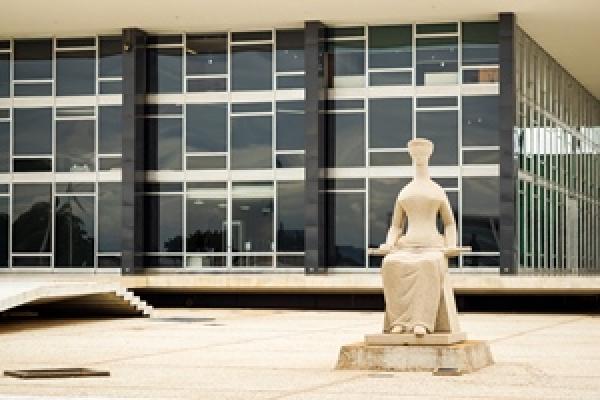
Steamship Mutual
Published: September 15, 2017

Many parties in the shipping industry are likely to be wary of being involved either as claimants or defendants in judicial proceedings in Brazil. Brazilian judicial claims procedures are known for their slowness, proceedings may last many years and a party may appeal numerous times, and the outcome is often uncertain. All these factors are magnified by the high levels of interests and indexation - approximately 18% per annum accruing to the claim value.
On 18 March 2016, the new Civil Procedure Code came into force with promising changes aiming for a more dynamic, faster and reliable judicial procedure1.
Focusing on shipping, this article highlights the main changes to civil claims procedures and their likely impact on litigants and prospective litigants in this unique jurisdiction:
Conciliation hearing
The parties are now obliged to attend a conciliation hearing prior to evidence gathering and trial. Thereafter, in the event a settlement is not achieved, the defendant will be able to file his defence. If the parties fail to reach a settlement at this hearing, an out of court settlement is still possible at any stage during the proceedings including the enforcement stage, and the parties may also request another conciliatory hearing if they so wish. Thus, the new code emphasises conciliation between the parties as a mean to resolve disputes in Brazil.
Chronological order of judgments
Prior to the new procedure code, the courts were not obliged to process claims in the order in which they were filed. The new procedure code attempts to tackle the practice of some courts to pick and choose between claims, preferring to try straightforward claims over complex cases. The practical result of this should be a faster response from the courts in resolving disputes as they are no longer able to postpone difficult cases for their own convenience.
Maritime Tribunal proceedings
In the event of a casualty the Brazilian Maritime Tribunal may commence proceedings in order to establish the facts and the liability of the parties. The new procedure code obliges the courts to suspend the civil court proceedings while the Maritime Tribunal proceedings are ongoing.
While the Maritime Tribunal proceedings may take considerable time to publish its findings, the suspension of civil claim proceedings ensures that a specialised court in the maritime field investigate the facts accurately and provides useful evidence which can be adduced at the evidentiary stage of the civil proceedings.
Although this may be regarded as an improvement upon the previous procedure code, the Maritime Tribunal only opines on the liability/fault aspect of the incident leaving the merits of the claim including questions of damages and indirect or consequential loss, for the civil courts to decide. Hence, in cases where liability for the incident is abundantly clear, the delays caused by the suspension of the civil court proceedings to allow the Maritime Tribunal to assess the facts, may be unwelcome for the parties who are eager to focus on other aspects of the claim such as damages and quantum.
Limitation of appeals
Brazil’s judicial system is well known for the extent of appeals available to the parties. As a consequence, it is not uncommon for the parties to use this as means to delay the proceedings indefinitely. Recognising the burden this places on the courts, the legislator introduced a number of measures to discourage this ‘appeal culture’ such as:
• Reducing the circumstances in which a party can file an interlocutory appeal; the appeal of ‘motion of reconsideration’ (Embargos Infringentes) and ‘retained interlocutory appeal’ (Agravo Retido) have now been scrapped; and
• Costs’ penalties - an appellant that has its appeal dismissed will be liable to pay higher legal costs to the respondent.
Binding decisions
Introducing elements of the Common Law, the new procedure code obliges judges of the courts of 1st and 2nd instance to follow the Superior and Supreme Courts’ abridgments of laws and binding precedents. Hence, the lower courts are now entitled to issue summary judgments extinguishing the proceedings in the event they are contrary to the higher courts’ decisions.
All the above changes aim to reduce the number of claims, appeals and general delays in civil proceedings allowing more opportunities for conciliations between the parties, greater certainty in decision making and a faster and more efficient judiciary system. This is certainly welcomed by lawyers, judges and litigants. However, only time will tell the effect of these changes in practice.
1Maritime Arbitration developments in Brazil were discussed in a May 2015 article on the Club's website, Maritime Arbitration: Recent Developments in Brazil.
Article by Jose Calmon


